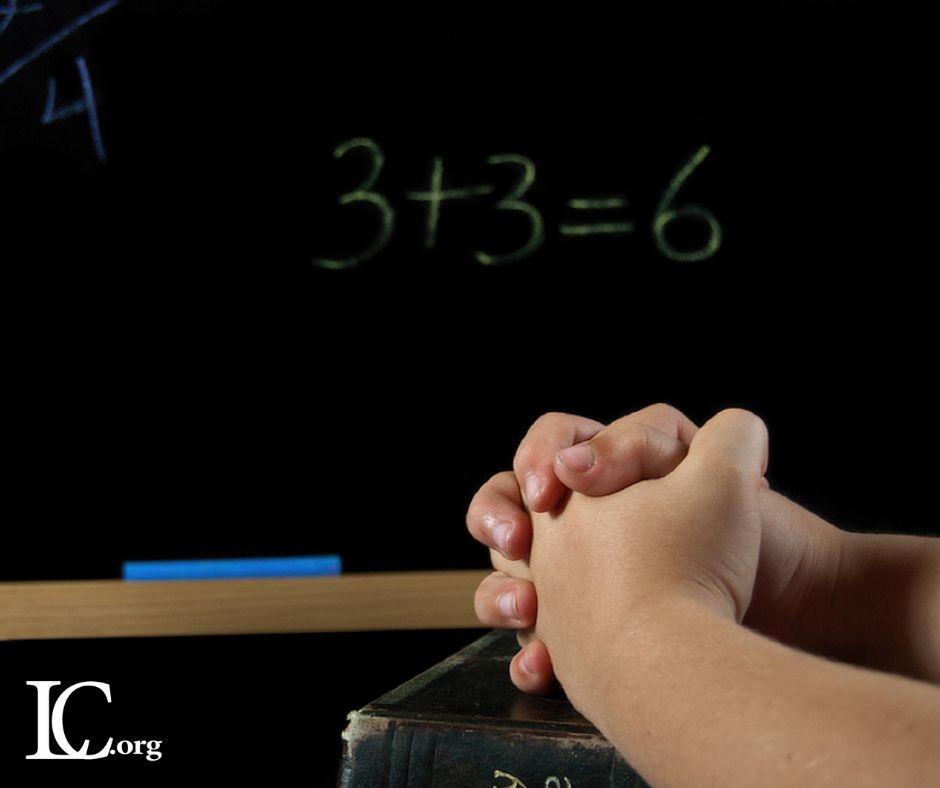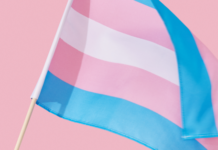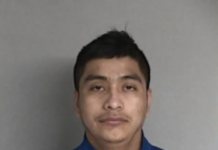The U. S. Department of Justice (DOJ) and the Department of Education announced a proposed rule that will provide guidance on legal protections for prayer and other religious expression in public schools. The purpose of this updated guidance is to provide information on the current state of the law and to clarify the extent to which prayer in public schools is legally protected.
The updated guidance generally addresses principles of religious liberty that relate to religious expression more broadly, including prayer, in accordance with President Trump’s executive order and the Attorney General’s Memorandum on Federal Law Protections for Religious Liberty. It is also meant to advise state educational agencies (SEAs) and local educational agencies (LEAs) on how to comply with governing constitutional and statutory law. It also discusses the Equal Access Act, which provides statutory protection for religious expression in public schools.
The Elementary and Secondary Education Act of 1965 (ESEA), as amended by the Every Student Succeeds Act, requires the secretary of education to issue guidance to SEAs, LEAs, and the public on constitutionally protected prayer in public elementary and secondary schools. It requires the Department of Justice’s Office of Legal Counsel to review the guidance prior to distribution to ensure that it represents the current state of the law. In addition, it requires that, as a condition of receiving ESEA funds, an LEA must certify in writing to its SEA that it has no policy that prevents, or otherwise denies participation in, constitutionally protected prayer in public schools as detailed in this updated guidance.
The First Amendment also guarantees students the right to pray individually or in groups on school grounds during any non-instructional time. All students may express their opinions verbally or in writing before or after school, in between classes, during the lunch hour or on the playing field, according to the federal guidelines on prayer in public schools issued in 2003. Liberty Counsel also has a students’ rights handout on its website.
DOJ’s proposed rule also eliminates current discriminatory regulations, enacted by former President Obama, that require only religious providers of social services to make referrals under certain circumstances to alternative service providers and post notices regarding this referral procedure. However, as DOJ’s proposed rule observes, these burdens were not required by any applicable law, and because they were imposed only on religious social service providers, they are in opposition with recent Supreme Court precedent regarding nondiscrimination against religious organizations. The proposed rule also will foreclose other unequal treatment of religious organizations by ensuring that they are not required to provide assurances or notices that are not required of secular organizations.
In addition, the proposed rule will clarify that religious organizations may apply for awards on the same basis as any other organization and that when DOJ selects award recipients, DOJ will not discriminate based on an organization’s religious character. The proposed rule also clarifies that religious organizations participating in DOJ-supported programs retain their independence from the government and may continue to carry out their missions consistent with religious freedom protections in federal law, including the Free Speech and Free Exercise Clauses of the First Amendment.
Liberty Counsel Founder and Chairman Mat Staver said, “I commend the Trump administration for taking measures to educate the public on the legal protections for prayer and other religious expression in public schools. Schools must not censor religious viewpoints and must provide equal access to students exercising their freedom of speech,” said Staver.
















